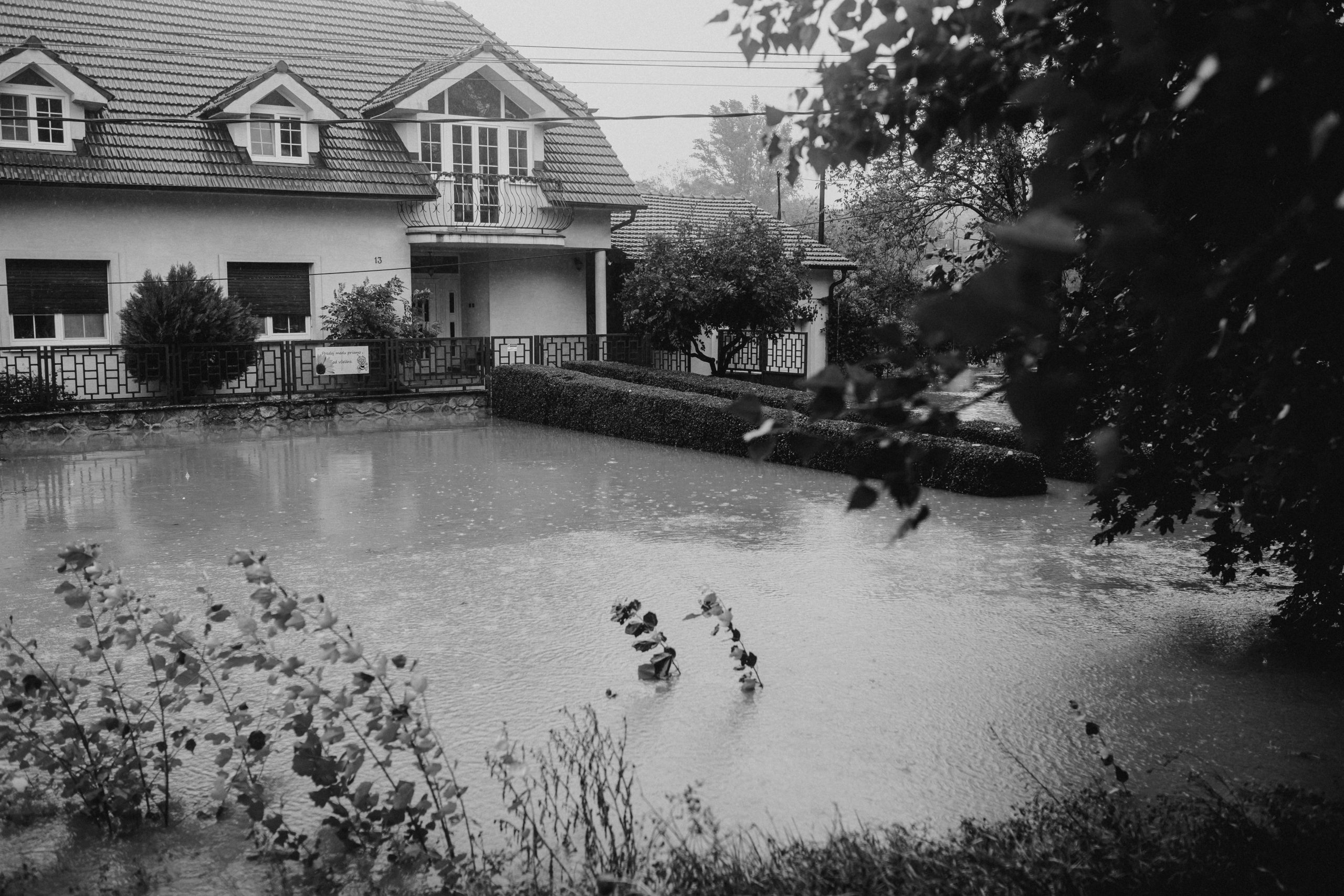Handling Ceiling Leaks in Rental Apartments: A Guide for Tenants
Experiencing a leak from the ceiling in your rental property can be a stressful situation, especially when it results in property damage and potential inconvenience. If you’re currently residing in a student apartment or any rental unit, knowing the appropriate steps to take can help protect your interests and ensure proper resolution.
Case Scenario: Ceiling Leak During Storms
Imagine you’re in Atlanta, temporarily staying for an internship, and suddenly discover water leaking from your ceiling. Promptly reporting the issue to management is essential, especially after heavy storms have recently affected the area. In such cases, the leak can cause significant water damage—covering parts of your room and damaging personal belongings, such as electronic devices near your workspace.
Assessing Responsibility and Next Steps
Upon reporting the problem, it’s common for tenants to wonder whether they should pursue reimbursement directly from management or rely on their renter’s insurance. Management might suggest that repairs are their responsibility but indicate that damage to personal property falls under the tenant’s insurance coverage.
In the scenario described, the tenant’s personal items—such as an iPad—suffer damage due to the leak. It’s understandable to want compensation for such items. However, if management declines reimbursement and directs to renter’s insurance, consider a few factors:
-
Is the leak an ongoing issue caused by property maintenance neglect or unforeseen weather conditions?
-
Does the damage fall within the landlord’s responsibility according to the lease agreement and local laws?
-
Would filing a claim on your renter’s insurance be appropriate, considering deductible costs and impact on your record?
Best Practices for Tenants
-
Document Everything: Take photos and videos of the leak and damaged property. Record communications with management regarding the issue.
-
Notify Management Promptly: As soon as you notice a leak, report it in writing to establish an official record.
-
Understand Your Lease and Local Laws: Review your rental agreement and research tenant rights in your jurisdiction to determine whether landlords are responsible for repairs and damages caused by leaks.
-
Consider Renter’s Insurance: While it may be helpful in covering personal property damage, weigh the costs against potential benefits, especially for minor damages.
-
Follow Up: Keep track of responses from management and escalate the issue if necessary, such as contacting local housing authorities for unresolved repair issues.
Conclusion
Addressing ceiling leaks effectively requires clear communication, proper documentation, and understanding your rights as a tenant. While landlords are generally responsible for maintaining the structural integrity



